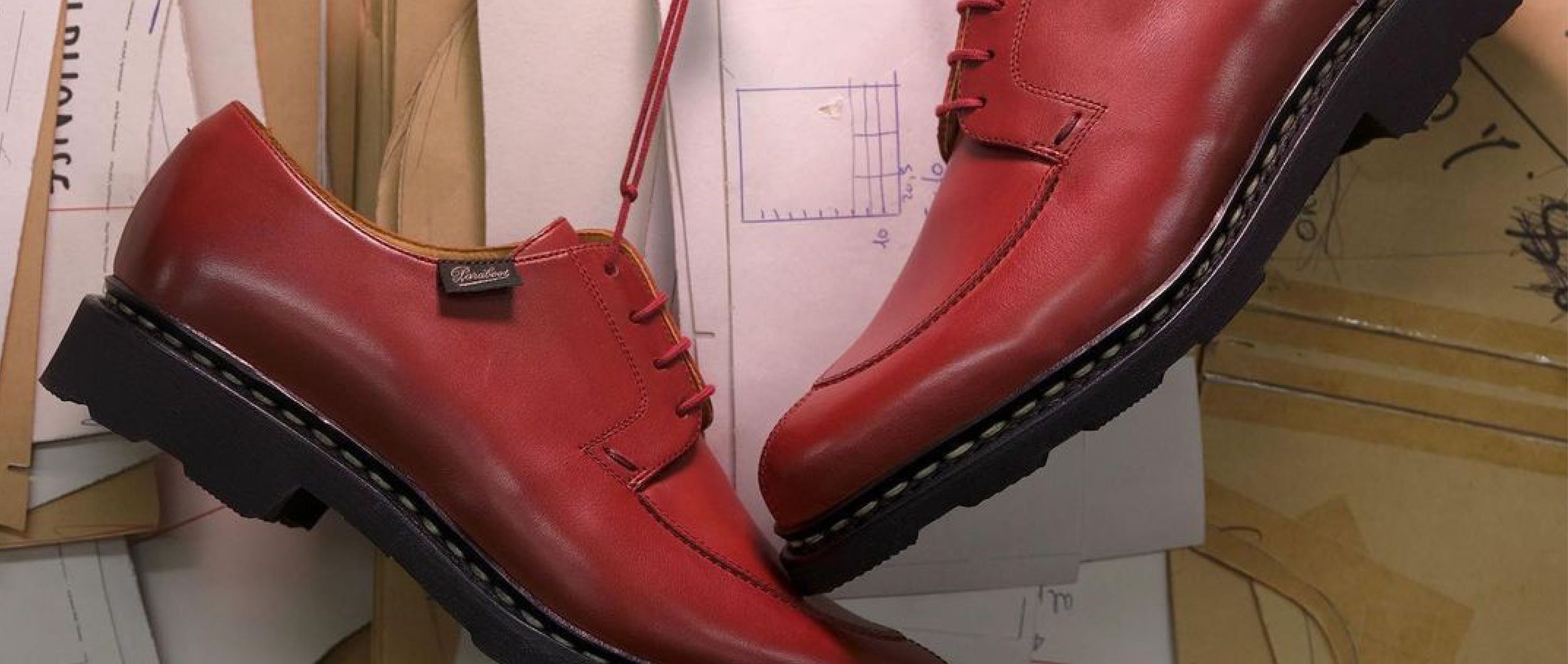What is polyester?
Polyester is a synthetic fiber derived from chemical processes that is widely used in the textile industry, in fact it is the most widely used synthetic fiber in this industry.
Discovered in the 1940s, polyester accounts for almost 70% of the synthetic fibers used in our clothing, and 50% of all fibers, thanks to its resistance and very low cost. Derived from petroleum, it is therefore highly polluting. It can be used on its own, but is often blended with other fibers such as cotton.
Different polyesters exist, such as ethylene polyester (the most widely used, also known as PET), polyester of vegetable origin (very expensive) or PCDT polyester (more elastic than PET).
Although not very breathable, polyester is inexpensive, lightweight, easy to care for and highly elastic. It is used to design all types of garments in our wardrobes, such as pants, shirts, dresses and T-shirts, as well as more technical items such as sportswear. It can also be used to make household linen or bedding.
Where does polyester come from?
Polyester originated in the USA, where it was first manufactured in the 1940s. Today, the world's biggest polyester producer and exporter is China. Other Asian countries are key players in the polyester production chain, including India, Pakistan, Indonesia and Japan. The United States is also a major producer.
.jpg)
What are the manufacturing steps for polyester?
We're going to take a look at the manufacture of the polyester most commonly used in our wardrobes: ethylene polyester aka PET.
Various stages are involved in the manufacture of polyester. As briefly explained above, polyester is derived directly from petroleum. The latter undergoes a multitude of chemical reactions to be transformed into polyester fibers.
The manufacturing process begins with ethylene as the base polymer, which reacts with other chemicals to form a stable fiber structure.
4 main methods exist for producing PET fibers, the process varies slightly depending on the method chosen and gives a different result depending on the intended use of the polyester fiber.
1- Filament: polyester filaments are continuous fibers that produce smooth, soft fabrics .
2- Staple: polyester staples are usually spun to obtain a yarn-like material.
3- Tow: polyester tow resembles polyester filament, but the filaments are arranged more loosely.
4- Filler fiber: filler fibers are composed of continuous polyester filaments, specially designed to maximize volume. They are ideal for bulky products such as pillows, outerwear or stuffing for plush toys.
Let's move on to the process now (a few technical terms await you, but these are just terms for chemical substances).
It begins with the reaction of ethylene glycol with dimethyl terephthalate at high temperature, forming a monomer (this is a small, simple molecular subunit). This monomer then reacts again with dimethyl terephthalate to form a polymer (a combination of several molecules). The polymer is then melted and extruded.
This is melted and extruded in long strips from the reaction chamber, then cooled and dried. Next, these strips are broken into small pieces which are melted again to obtain a honey-like substance and then extruded through a die to create fibers.
Depending on the desired final application, the resulting polyester filaments can be cut or treated with various chemicals to achieve the desired result.
In most cases, polyester fibers are processed into yarns before being dyed or subjected to other post-production treatments.
Is polyester compatible with ethical and responsible fashion?
Polyester is derived from petrochemicals, i.e. from a fossil fuel, petroleum. It is therefore by nature not compatible with ethical and responsible fashion.
Its environmental impact is harmful at every stage of its life cycle.
Let's start with production. It's worth noting that 1.5 kg of petroleum are used to produce just 2 fleece sweaters.
As we saw earlier, its manufacture requires the use of numerous chemicals, harmful to both man and the planet. These are not recycled and end up in the air, waterways etc.
Its manufacture also requires a lot of energy, in factories in countries whose energy mix is geared towards fossil fuels (coal, oil, etc.). To give you an idea, in these countries, the manufacture of a polyester dress emits an average of 56 kg of CO2, the equivalent of a 500 km journey in a new car. (according to Ademe calculations) It is also very water-intensive.
When polyester is used, it also pollutes. During washing, it releases a huge number of plastic micro-particles, which are too small to be filtered by sewage treatment plants and are non-biodegradable. As a result, they end up in rivers and oceans. What's more, fibers also release the chemicals used during their design, polluting aquatic environments and ecosystems.
At the end of its life, polyester also pollutes. Being a synthetic fiber, it is difficult to recycle. End-of-life polyester garments therefore often end up in open dumps or incinerated, releasing polluting fumes into the air.
There are, however, alternatives to conventional polyester. First of all, there's recycled polyester, made from plastic bottles, used polyester clothing or textile production offcuts. If you're interested in recycled polyester, we invite you to read this article which explains all its characteristics.
To reduce the environmental footprint, you can also buy your clothes in second-hand polyester which extends its life expectancy.
How to care for polyester?
Polyester is a robust material that requires no special care to maintain.
However, we recommend washing polyester garments by hand or machine using a wash cycle suitable for synthetics, generally between 30 and 40°C. Do not use a hotter cycle, as this may cause permanent wrinkling of the garment.
Also, it's important to note that polyester pieces generally don't shrink after washing.
For those who hate ironing, polyester is your ally! It's a fiber that generally doesn't wrinkle, so there's no need to iron! However, if you prefer impeccable results when ironing your garment, opt for a low-temperature iron.
Find our favorites in polyester for women
Find our favorites in polyester for men





